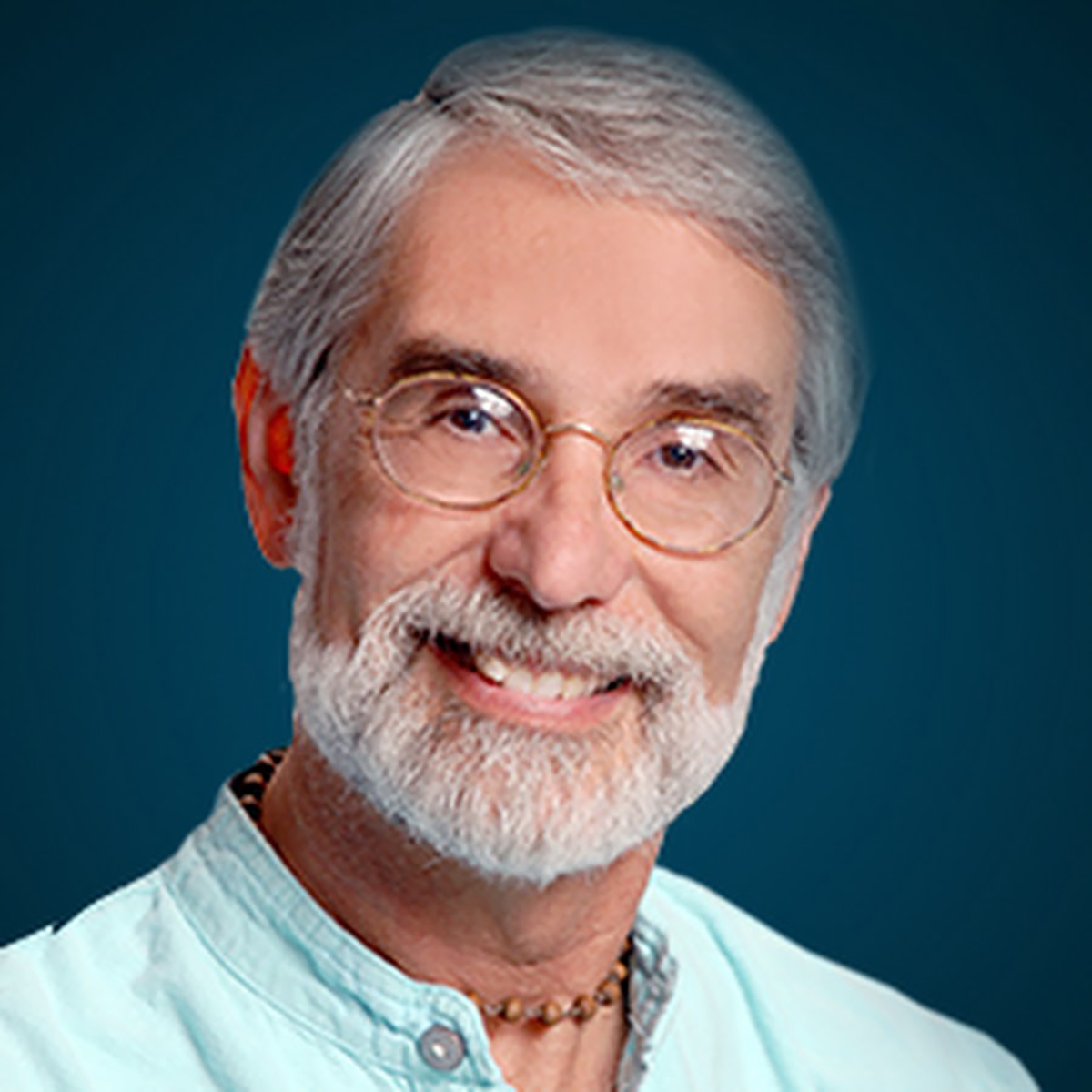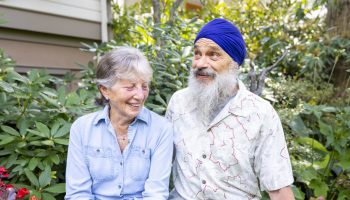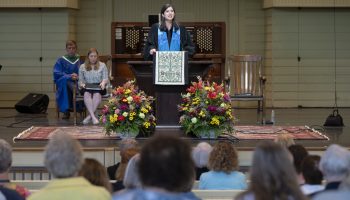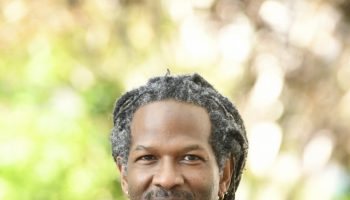To Larry Terkel, meditation is like a guitar.
“A guitarist would not play his guitar without tuning it, and wouldn’t tune his guitar and then put it down and not play it,” Terkel said. “Both are anathema to a guitar player. That’s how I feel about meditation. Why would we tune it and then not put it to good use? Why would we use it and never tune it?”
Terkel, a Kabbalah meditation practitioner, will join teacher David Gluck, a Japa yoga instructor, in teaching Week Eight’s sessions for the Mystic Heart Meditation Program. Terkel’s sessions will take place at 7:15 a.m. in the Presbyterian House Chapel daily. Gluck’s sessions will take place at 8:15 a.m. in the Presbyterian House Chapel daily and at 4:45 p.m. Monday and Wednesday in Hurlbut sanctuary. Additionally, Terkel will teach seminars at 12:30 p.m. Tuesday and Thursday in the Hall of Missions.
Sessions taught by Terkel will include elements of the Jewish tradition, particularly the mystical “kabbalah,” which emphasizes listening. In Hebrew, the term “shema” indicates the necessity to hear and obey.
“It is the commandment to listen — listen for the oneness, listen to the divine creation,” he said.
Terkel first became interested in auditory learning at Cornell University in 1969, where he earned his bachelor’s degree in engineering.
“I was learning how to make machines operate effectively and efficiently, and I realized that’s what yoga was doing for the machine that is our body: how to keep it functioning efficiently and effectively,” Terkel said.
And when he stayed to earn his MBA, his training produced similar revelations.
“In business, we were learning how to make good decisions, how to see clearly,” he said. “If you misjudge the market, these are big problems in business. Meditation was about seeing clearly, meditation was about making good decisions. It seemed really practical to me.”

Terkel hopes, too, that mindfulness meditation proves to be practical to attendees as well. The practice is flexible enough to accommodate most, if not all, faith traditions, without bending over backward.
“It can be not just neutral, it can be made Christian, made Jewish, made Muslim, made Hindu,” Terkel said. “You can use it to support whatever tradition you follow.”
Terkel did just that in his yearlong excursion to India, where he accompanied Swami Satchidananda, founder of Integral Yoga, from 1970 to 1971. What he learned during his trip contributed to a long list of cultural, religious and educational identities Terkel is able to claim.
“I’ve always said I was born Methodist, adopted and raised in a Jewish family; I have found my natural mother, I’m part Scotch/Irish and part Cherokee Indian; I hold a master’s in comparative religion and spent a year studying Hinduism, Buddhism and yoga in India,” he said.
Each element of his personality led Terkel to practice meditation, every day — literally — for 47 years.
“What brings me back every day is not the peace; what brings me back are the teachings, the insights,” he said. “I don’t want to miss anything. It helps me run my life.”
This life revolves around a lot of different roles — first and foremost, Terkel’s role as the minister of the Spiritual Life Society & Yoga Center of Hudson in Ohio. He has been leading meditation at the “little white church on the square” since the center’s opening in 1978.
In this position, Terkel teaches yoga, performs weddings and funerals, and leads workshops and seminars. His time outside direct ministry is spent writing books (How to Meditate: Secrets to the Easiest and Most Effective Meditation Technique and Small Change: It’s the Little Things in Life that Make a Big Difference) and teaching “Introduction to World Religions” as an adjunct professor at Kent State University.
The summer gives Terkel some more room to breathe, though. For approximately 20 years, he and his wife have visited Chautauqua Institution for two weeks at a time. The “magical place” is one of his favorites to teach, with the Special Studies program and Mystic Heart. This week, he is excited to instruct two seminars — one on behavior and being, and one titled “The Ten Commitments.”
“I love introducing meditation to people,” Terkel said, “and reinforcing it with those that have been practicing and maybe could use a little pick-me-up.”
David Gluck, Week Eight’s second teacher, wants to engage attendees in a different way — through the stillness of the mind. This can be found in having one singular focus.
Lots of Japa practitioners practice this focus with tools such as mandalas or candles, visualizations and breath work. Gluck’s preferred method is mantra, which is not exclusive to any tradition, although popular in Eastern cultures.
“The more you get into meditation, the more that you realize the thinking mind is a function in the exact same way that your heartbeat is a function of the heart, your breathing is a function of the lungs,” Gluck said. “You begin to gather this relationship with your mind. On the other side of that relationship are quite profound things.”




